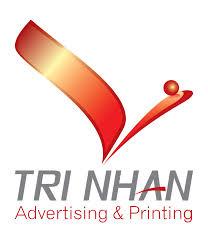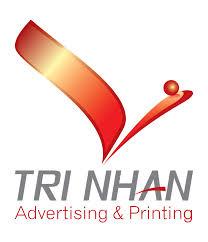Industrial ecosystems worldwide are undergoing a rapid shift toward higher automation efficiency, reduced environmental impact, and stronger lifecycle performance for essential equipment. Air management systems, which are vital components in sectors such as wastewater treatment, electronics manufacturing, petrochemicals, and food processing, face increasing pressure to deliver reliable operation while minimizing power consumption. Older mechanical blower systems often struggle to keep pace with modern performance demands, prompting organizations to explore next-generation technologies that offer long-term cost reductions and improved system responsiveness. These priorities have amplified the importance of magnetic levitation-based blower systems.
To evaluate emerging trends within this evolving segment, many organizations reference the Maglev Turbo Blowers Market. Market researchers also examine critical insights such as Maglev Turbo Blowers Market Size to understand the scale of adoption and identify opportunities for future expansion. Analysts have noted that regulatory initiatives targeting industrial emissions reductions and stricter energy-efficiency benchmarks have played a substantial role in accelerating demand. With electricity costs rising globally, energy-intensive industries continue to seek high-efficiency aeration solutions that align with economic and environmental goals.
Maglev turbo blowers operate using advanced magnetic bearings, allowing the internal shaft to rotate at high speeds without mechanical contact. This design significantly decreases friction, allowing the system to maintain optimal efficiency under heavy operating loads. The absence of lubrication requirements also streamlines maintenance workflows and eliminates contamination risks, supporting cleaner operations in industries where purity is essential. These performance characteristics differentiate maglev blowers from traditional mechanical blowers, which often experience wear-related decline and higher servicing needs.
In wastewater treatment, where energy consumption associated with aeration accounts for a major portion of operating expenses, maglev blowers have gained substantial traction. Facilities adopting these systems consistently report reduced electricity usage and fewer maintenance interruptions. Beyond wastewater facilities, manufacturing operations that rely on precise airflow control benefit from the stability and responsiveness of magnetic levitation-based systems. Industries requiring consistent process air, such as semiconductor fabrication and pharmaceutical production, increasingly explore maglev technologies to support stringent quality standards.
Related Reports:
For more in-depth research insights, visit Infinity Market Research.
Stay informed with the latest updates on News Innings, Researcher Diaries, and Industry News Desk.


